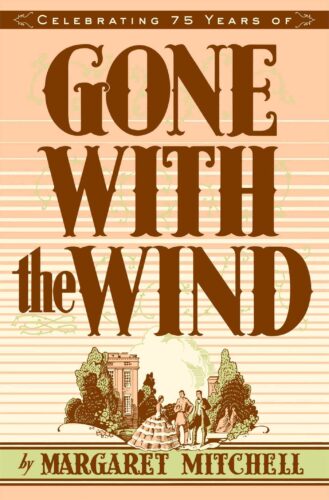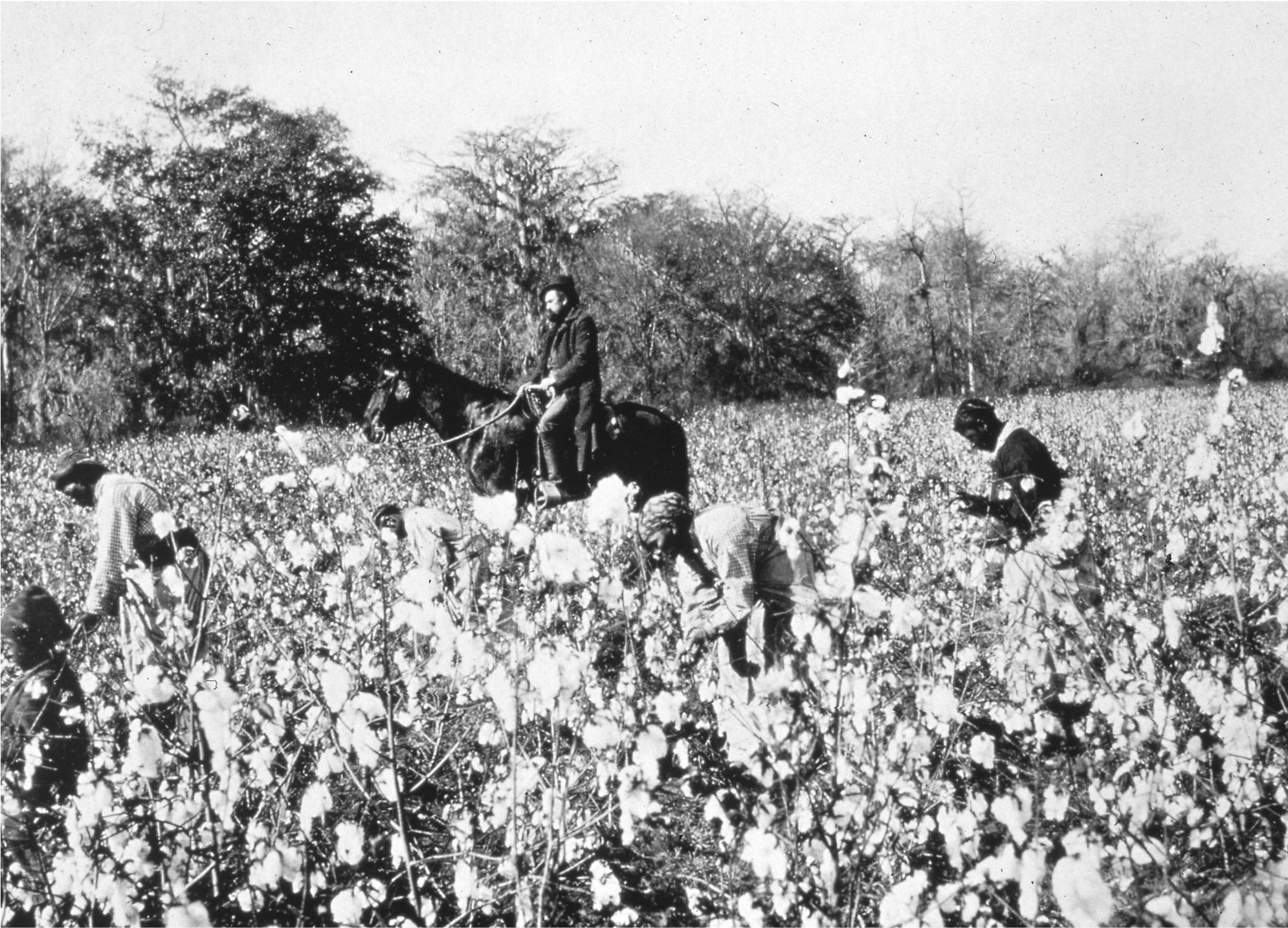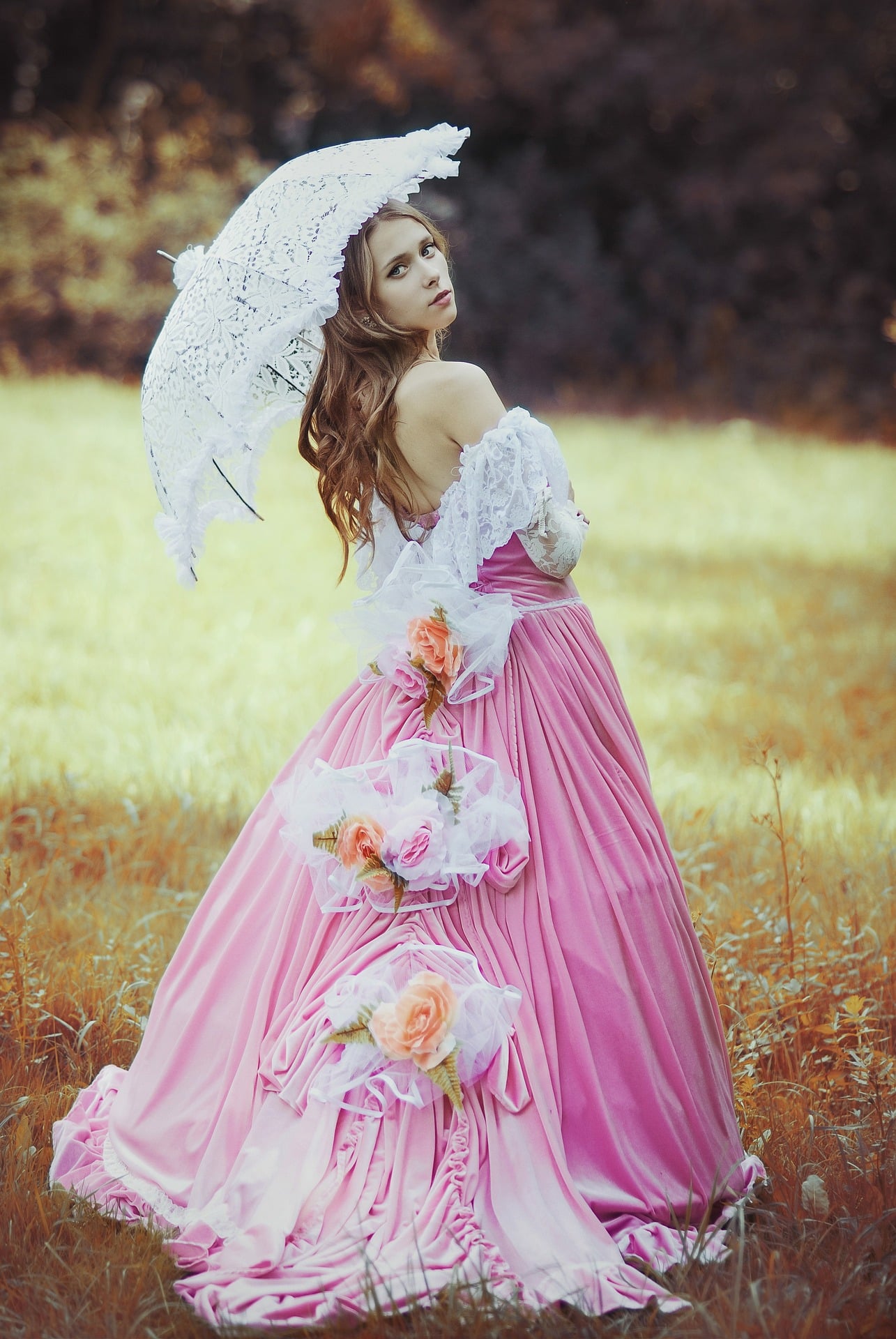 A Problematic Classic
A Problematic Classic
Author: Margaret Mitchell
Gone with the Wind is the famous story of Scarlett O’Hara, beautiful southern belle, who survives the downfall of her father’s plantation, Tara, and the fallout of the Civil War through her wits and wiles, all while chasing the married man she secretly loves. The story encompasses the entire Civil War and into Reconstruction, mixing a love triangle with politics, blatant racism, and Scarlett’s stealthy (and completely inappropriate) rise to power. It’s an intriguing and popular story for a reason: the selfish Scarlett is an amoral character with a certain degree of street smarts and an all encompassing ruthlessness that allows her to move beyond the strictures of her closeted society. As she navigates the opportunities and pitfalls of a new world, shedding her veneer of ladylike gentility, the beloved rouge, Rhett Butler, enters the scene. Known to play both the North and South against one another for money, Rhett is a scoundrel with means, and together with Scarlett, the two have shocking adventures and a tempestuous romance that is just as seductive as it is ultimately destructive.
I originally read Gone with the Wind as a teenager. I remember falling in love with the soap-opera like extravagance of the character’s actions: the torrid love affairs, the scandalous “unwomanly” behavior, the brothels and “bad” women, the woman unafraid to take charge like a man in a war-torn society, and the endless cruelty of Scarlett and Rhett’s relationship. It’s certainly a rollercoaster of toxic love, animosity, greed, obsession, and ruthless cunning, and it’s told with such a luscious, decadent abandon, as if the author is giggling along with us, happy to unveil these characters who are not fit for polite society, just as intrigued by their bad behavior and lawless ways as we are. Everyone loves a villain, and Scarlett is certainly both hero and villain of her tale.
And, of course, there are some valuable moral and life lessons here. Scarlett is, as we all are, her own worst enemy. Her girlish obsession and desire for the one man who does not want her effectively costs her everything and leads her to turn a blind eye to true love. There is nothing quite like watching a character make a train wreck of her own life, seeing nascent self-awareness dulled by desire and the ability inherent in us all to tell lies to ourselves. It’s poignant at times and at other times it’s a simple case of just desserts for some truly terrible people who just so happen to be acting very badly against the bloody background of war and changing society.
Part of me also likes Scarlett for having the bravery to stand against a society where women or “ladies” are weak, spineless creatures without a mind. It’s a type of feminism, and seeing Scarlett winning at business, showing up the men around her with her practicality and using her pretty little head to make good deals and tally figures, gives a certain kind of base satisfaction. Scarlett is certainly not the worthiest of protagonists, but sometimes, despite ourselves, we root for her. Again, we all secretly love a villain.
But then . . . then there is the unmitigated, unpalatable, and relentless racism. Granted, this is historically accurate for the South, but Mitchell is not representing things as they were to be true to history and show the horrors of slavery and plantation life. Quite the opposite. Instead, she is presenting the slave owners as jocular, lovable, loving, and caring. The slaves, being inherently inferior, are not suited to take care of themselves (the freed plantation slaves – at least the “good” ones – speak out against freedom again and again, noting that they just simply need a white person to take care of them.) That is only the beginning of a sickening championing of the South and slavery, a drum beat that goes strong throughout the entire story.
There are only two types of Black characters. We have the “good” Tara slaves (for example, Mammy) who stay, denying their freedom, living proud in their white people and disdaining others of their race for accepting and wanting freedom. These good slaves, naturally, admit their own inferiority and inability to manage to subsist without having some kindly white person tell them what to do. In the very beginning, we are shown what a good guy Scarlett’s father is, because one of his slaves has nagged him for years to buy his wife (for over ten years!) from another plantation. Scarlett’s father finally relents and buys the woman. Yes, what a wonderful person. He bought another human being. Even more than that, he even bought her twelve-year-old child. Saintly. . . . (insert vomiting noises). Oh . . . and that all happens in chapter one. And that is one of the least horrible things our plantation owning aristocrats do, so buckle up.
The other type of Black character, no surprise, is a villainous one, newly freed and intent on endless violence (just because.) These characters are interested only in raping the good white women and doing other horrific, animalistic things. They even live together in a Black town, where I guess they can plan all their villainy together, gleefully chortling. Because of course, how could a former slave possibly hate the society that stole them, beat them, whipped them, worked them to death, separated families, bought and sold human beings like chattel, and treated them like sub-human trash? What ungrateful villains!

The realties of slavery. This is a real picture from a plantation in Georgia, circa 1850. Note the overseer on the horse, with the gun, watching and forcing the women to work.
As the war goes on, Mitchell indulges in increasingly racist sentiments, and after the war finishes and Reconstruction begins, all the good guys join the Klan. I am not kidding. I wish I were. This was the point in the book where, despite my unbridled interest in what horrible thing Scarlett and Rhett were going to do to one another next, I contemplated just not finishing. Melanie, the kindly wife of Ashley and the only somewhat nice character in the story, also soils herself through full fledged adulation for the Klan, which is shown as this good body of men who love their women. Oh, and even Rhett finally does a “good” thing, killing a Black man for being “uppity” to a white woman.
The drama of Scarlett’s life, all the things she does to survive, and her relationship quagmire, as well as her selfishness and cruelty, are naturally interesting. There is also a value in seeing the South as it was (not Mitchell’s intention). It might be valuable for everyone to read this to truly understand a history of hate and what the Civil War really was about (scratch that state’s rights crap) and why racism continues to be such a problem in the United States today. Hate of this magnitude does not die with one generation. Even Melanie, our “gentle” character, goes on a “justified” tirade that she will teach her children and grandchildren to hate the North and, naturally, the Black people. If you still wonder why racial tension continues to this day when the Civil War was 100+ years ago and all the players, good and bad, are long dead, then read Gone with The Wind. If nothing else, it answers this question.
I’m not sure how a Black person could stomach to read this, much less understand someone who loved the book without complication and believes its blatant propaganda. This is truly one of those rare instances where a book simply has to be edited to be made palatable, at least as far as enjoyment of the love story goes. But, forgotten history tends to repeat itself, and for us later generations, wondering why racism still has such a stronghold, Mitchell unwittingly reveals the insidious heart of hate and how it justifies and multiplies itself. A complicated read, to be sure. I loved and hated it. I’m not even going to attempt a rating on this one, but I do recommend reading it at least once from a historical perspective to understand why a fight from over 100 years ago is still relevant to the way we interact with one another and how both generational trauma and generational hate have survived the passage of time.
– Frances Carden
Follow my reviews on Twitter at: https://twitter.com/xombie_mistress
Follow my reviews on Facebook at: https://www.facebook.com/FrancesReviews
- Book Vs Movie: The Shining - April 6, 2020
- Thankful For Great Cozy Mysteries - December 13, 2019
- Cozy Mysteries for a Perfect Fall - October 20, 2019

